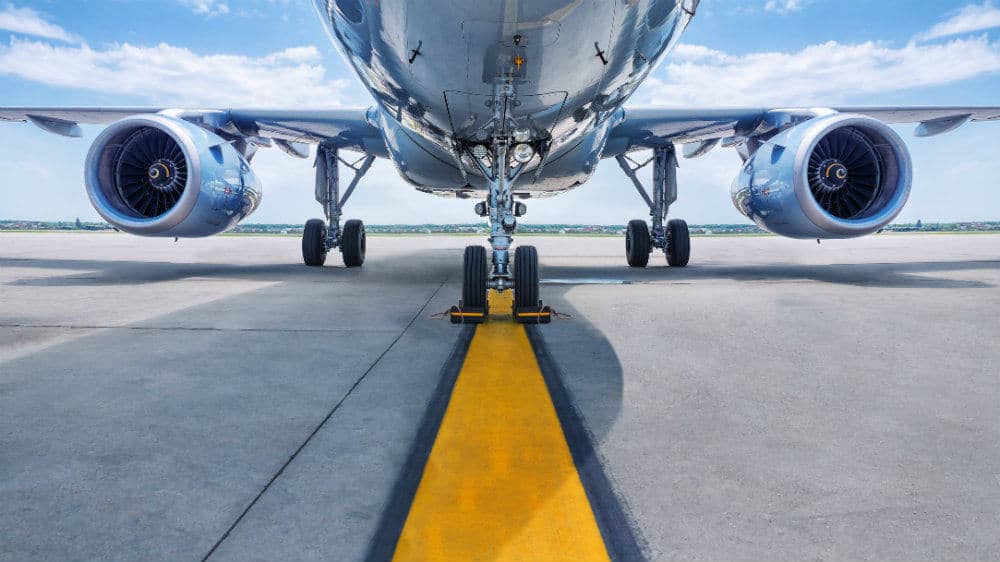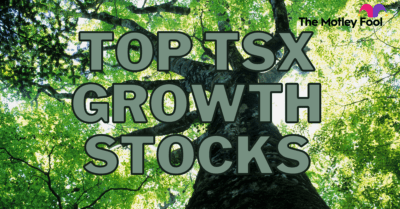Air Canada (TSX:AC)(TSX:AC.B) stock is currently soaring at all-time highs thanks to a great Q1 earnings report. As of writing, the stock is trading at around $41 per share — a far cry from the sub $1 level it visited in 2008. But even with the great quarter serving as a nice tailwind, I can’t help but think we could be approaching some turbulence in the coming quarters.
Economic concerns might act as headwinds
Airline capacity is a measure of how many seats are available per route and is synonymous with supply. Generally, airlines tend to increase their capacity in response to air travel demand. And as air travel can be used as a barometer for global economics, capacity growth more or less tracks GDP growth.
However, in the quarters leading up the financial crisis, airlines were essentially caught off guard as world GDP plummeted (and subsequently air travel demand), while capacity remained elevated, thus crushing industry-wide margins.
Since 2013. Air Canada has been increasing its capacity at rates higher than GDP, or 10% annualized. And while load factors (how much capacity is being utilized) have increased in tandem due to pent-up demand, it remains to be seen how sustainable this demand-supply mix will be going forward, as global GDP is expected to come down in 2020.
Furthermore, the airline industry is also expected to face diminishing returns to invested capital. According to a report by the International Air Transport Association, return on invested capital in the airline industry is expected to come in at 7.4% for 2019, which is only marginally above the cost of capital.
In dollar terms, according to the IATA, the airline industry is expected to only generate $0.7 billion of value for investors on $700 billion worth of invested capital.
Trade wars and tariffs also won’t help matters. In fact, cargo volumes have declined faster than GDP in 2019, and as the outlook for global economic prospects continue to dwindle, so too will Air Canada’s cargo revenues.
Finally, the IATA also forecasts that airlines will face a fuel bill of $206 billion this year, averaging 25% of operating costs. The rising fuel cost and lack of outstanding hedges combined with the indeterminate grounding of Air Canada’s fuel-efficient fleet of 737-MAXs will also add further pressure on margins.
That said, Air Canada’s recent acquisition of Aeroplan and pending launch of its own loyalty program should aid the company in battling margin pressures during an economic downturn. Moreover, through an improved understanding of the demand picture and leveraging Aeroplan’s customers, Air Canada should be able to navigate the increasingly complex pricing environment.
While I do applaud management for its great quarter — and it wouldn’t surprise me to see Air Canada climb toward the high $40 range based on where we are in the economic cycle, I’m not a fan of the risk/reward ratio at these levels.









